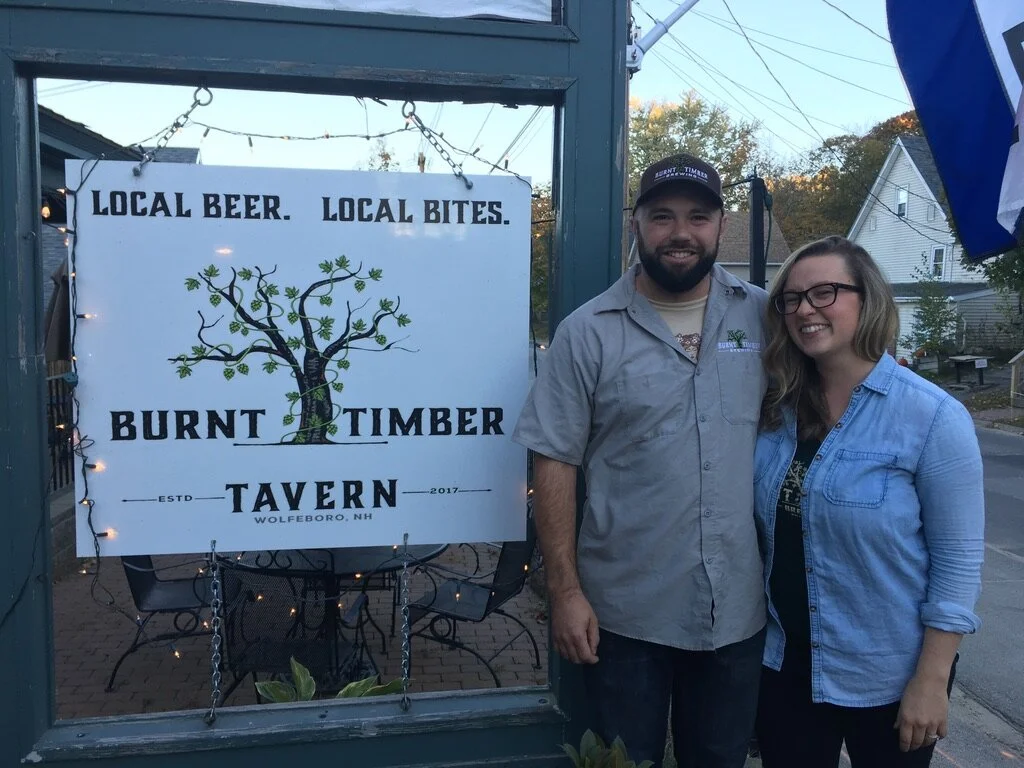When Governor Sununu ordered schools to switch to remote learning on March 13, 2020, Whipple’s first priority was ensuring that the school’s roughly 80 students in preschool through 8th grade could continue learning. She distributed assignments and got teachers up and running with Zoom instruction.
The school operates two preschool classrooms, which could have stayed open as daycare, but when the school polled families, very few were interested in having the youngsters in the building. Since remote learning wasn’t a fit for the preschoolers, Whipple waived tuition for students in those two classrooms, taking a significant hit on revenue.
She knew that for the school to survive, she would need to be able to offer in-person learning in the 2020-2021 school year.




